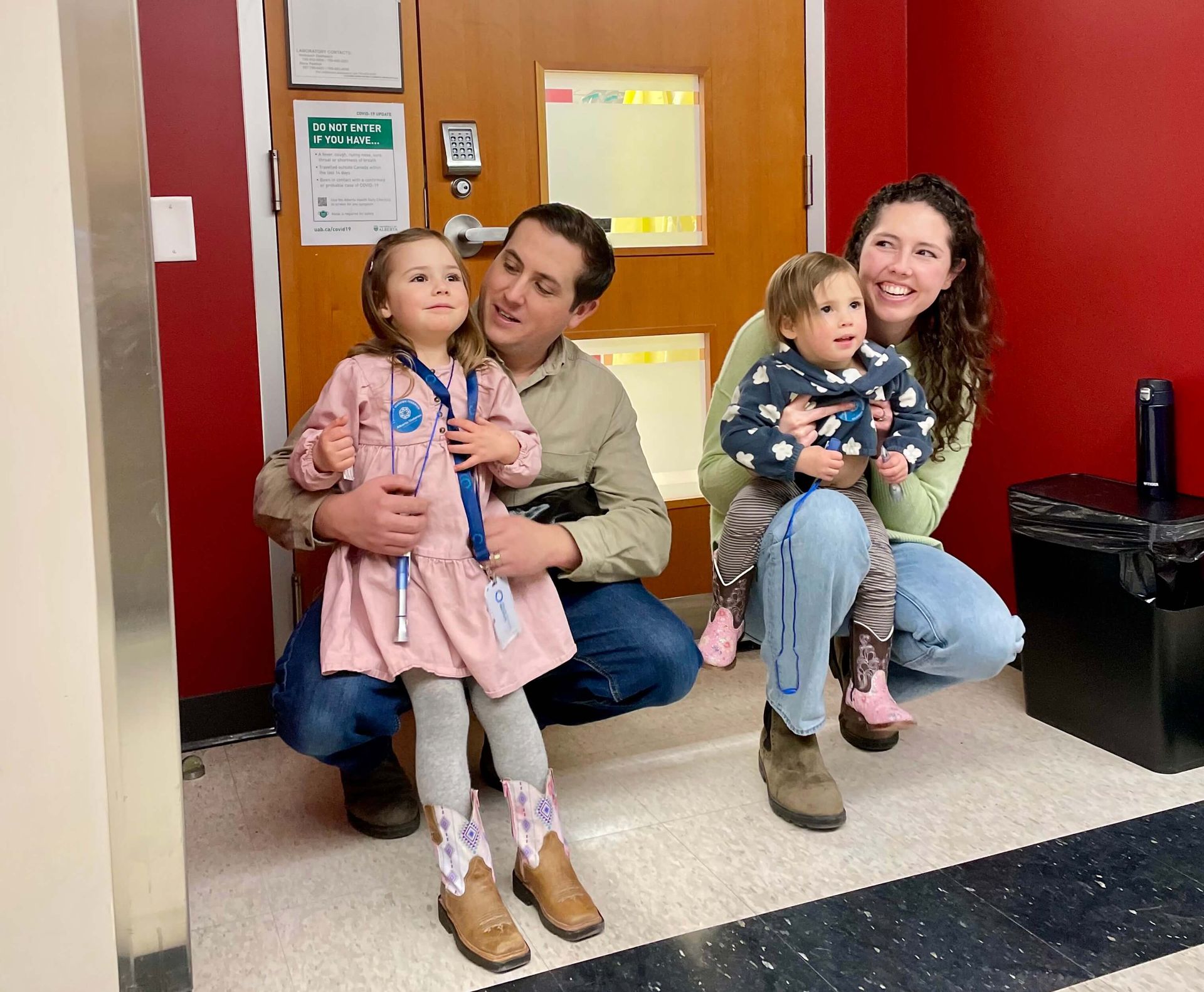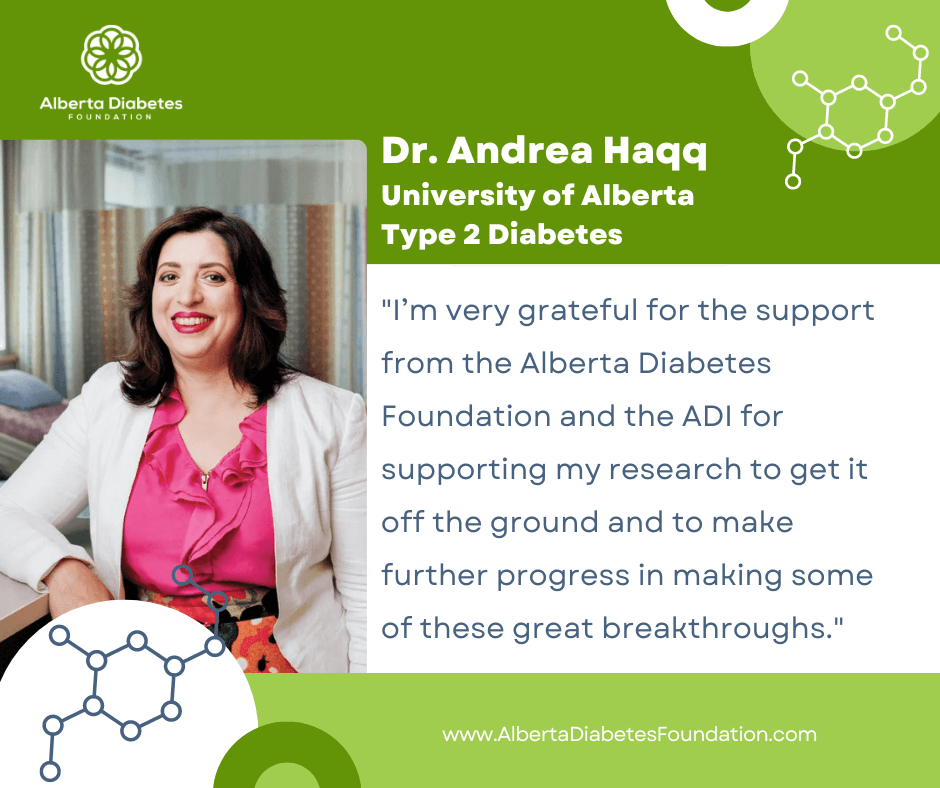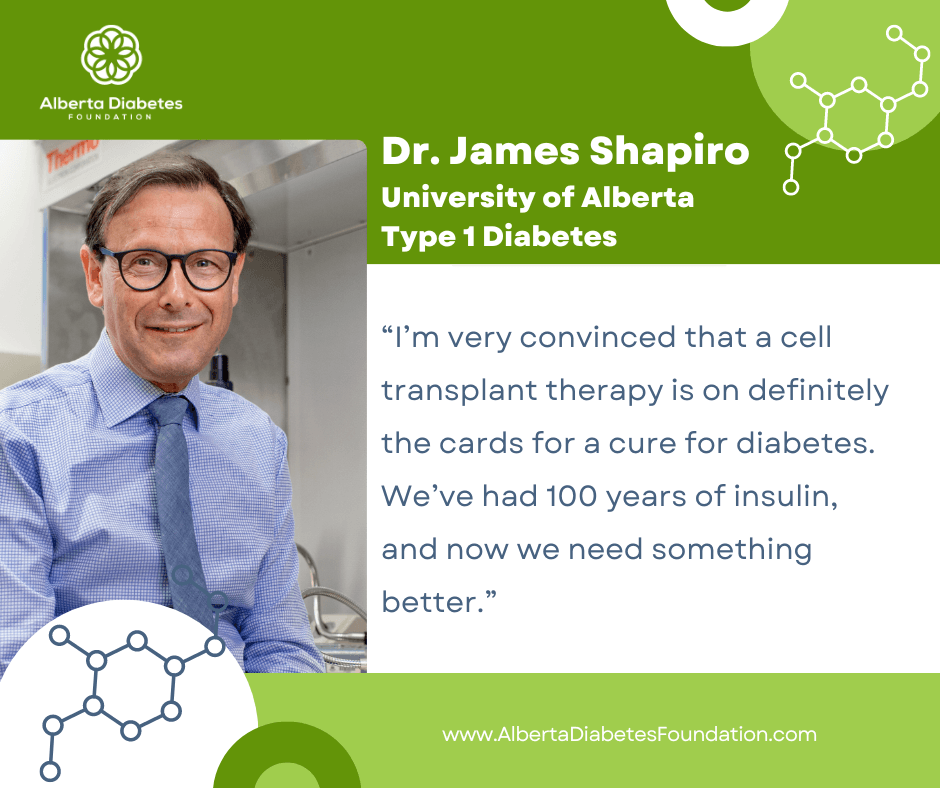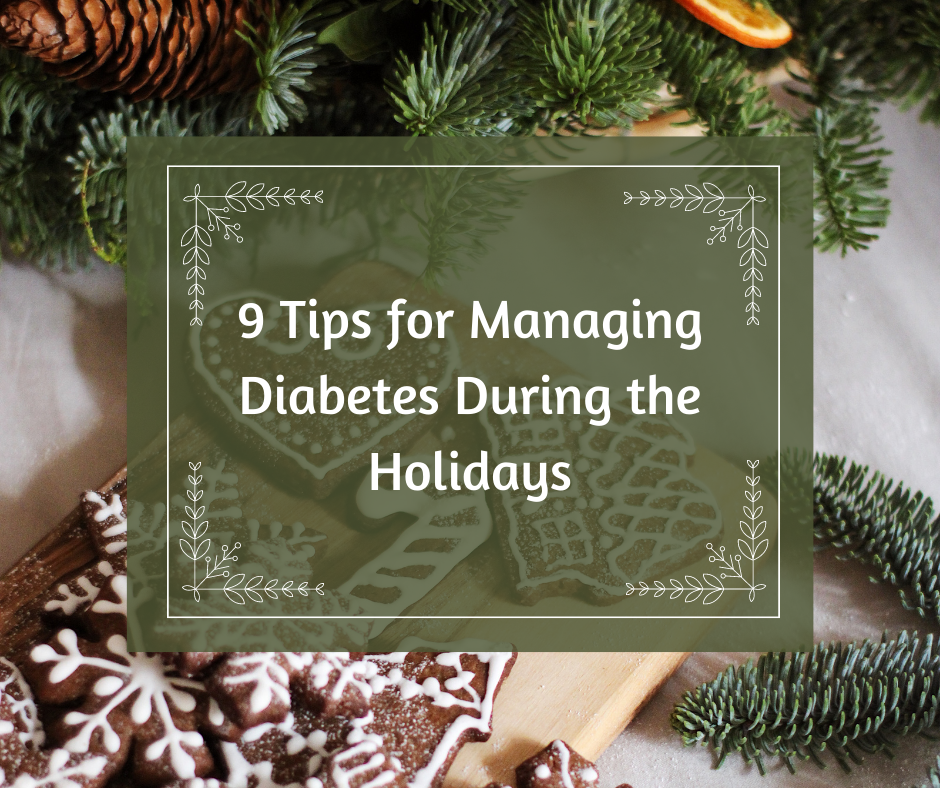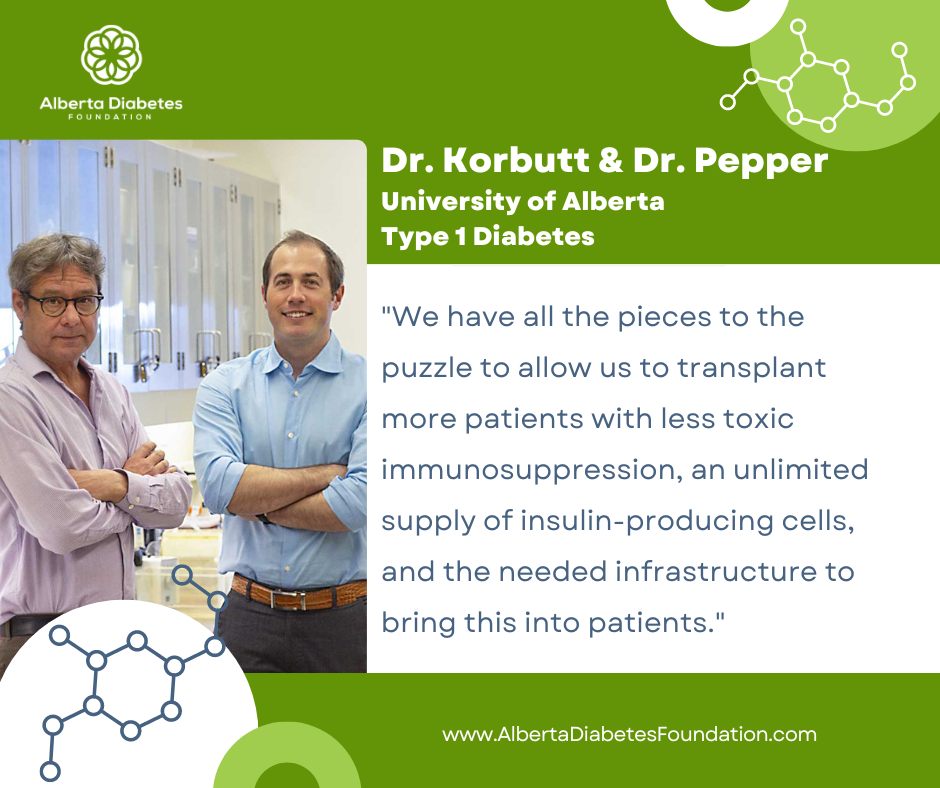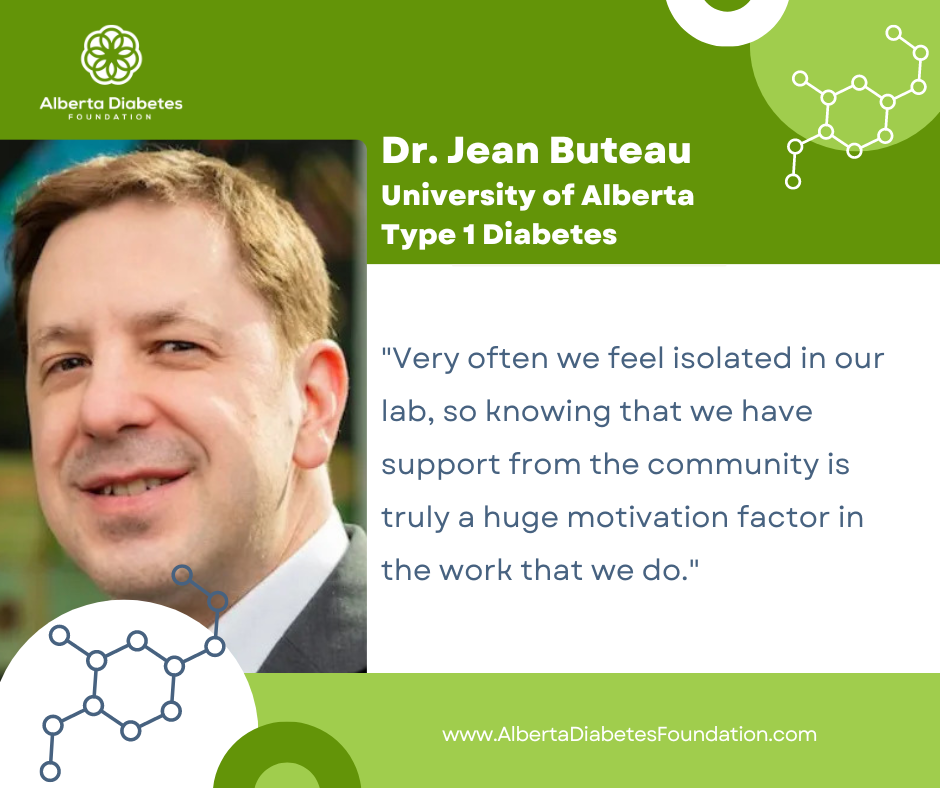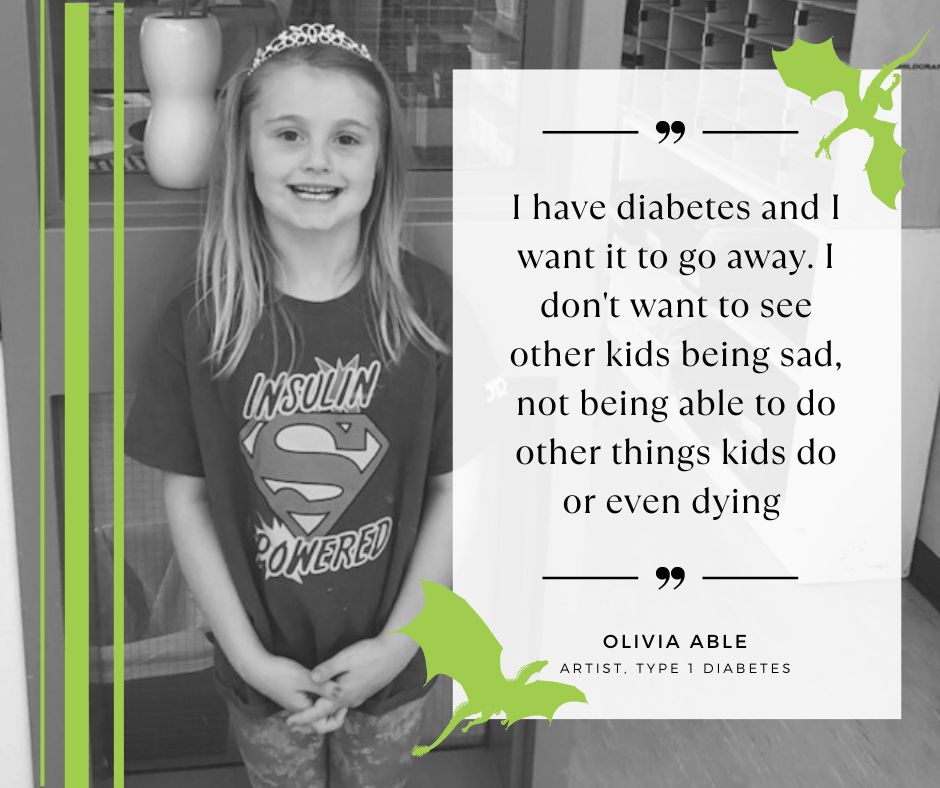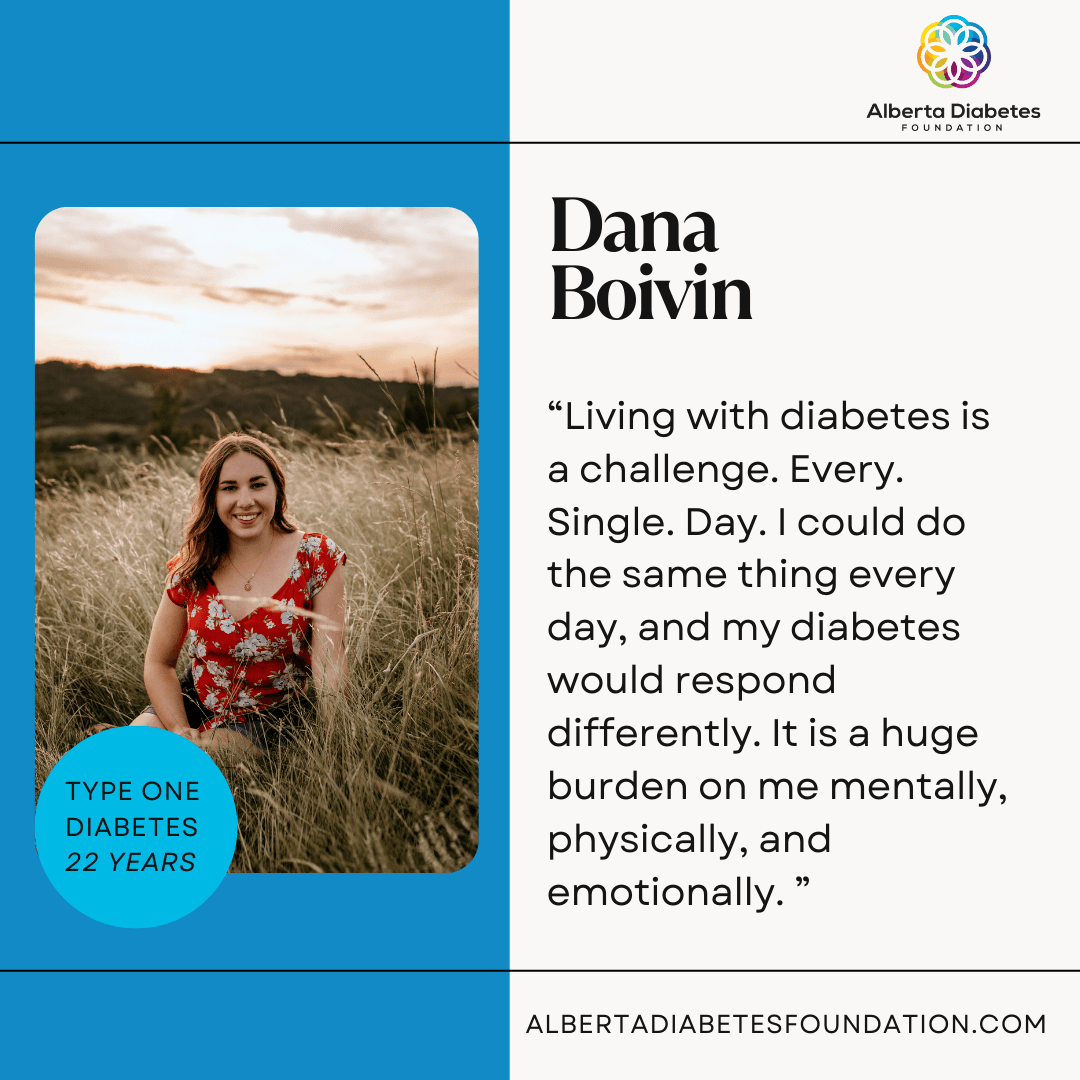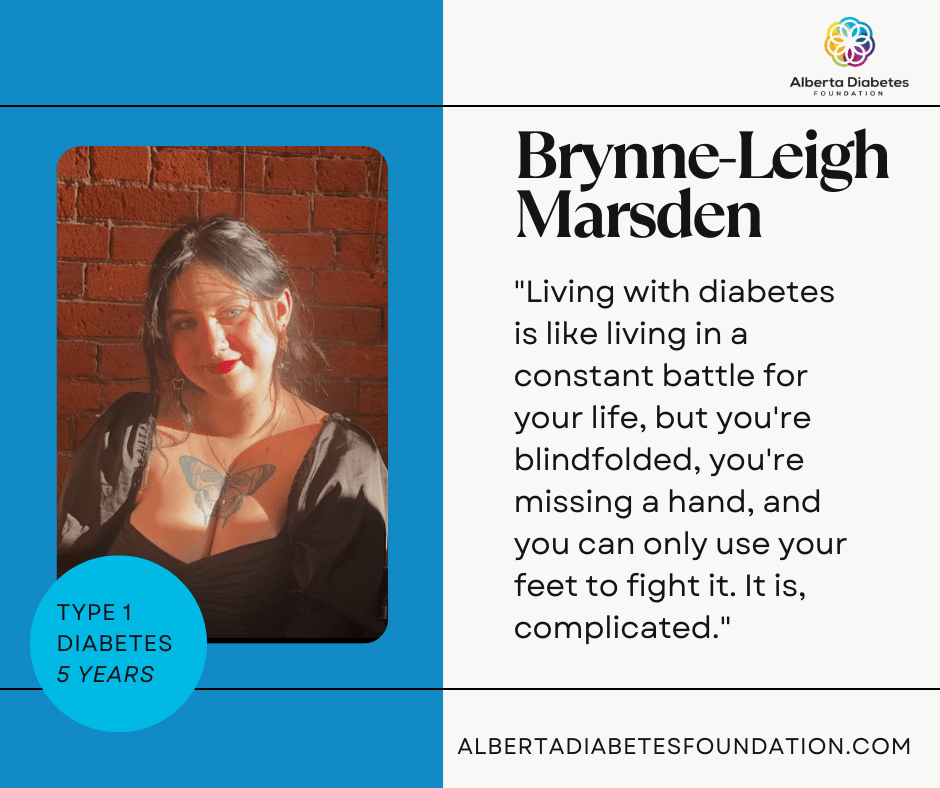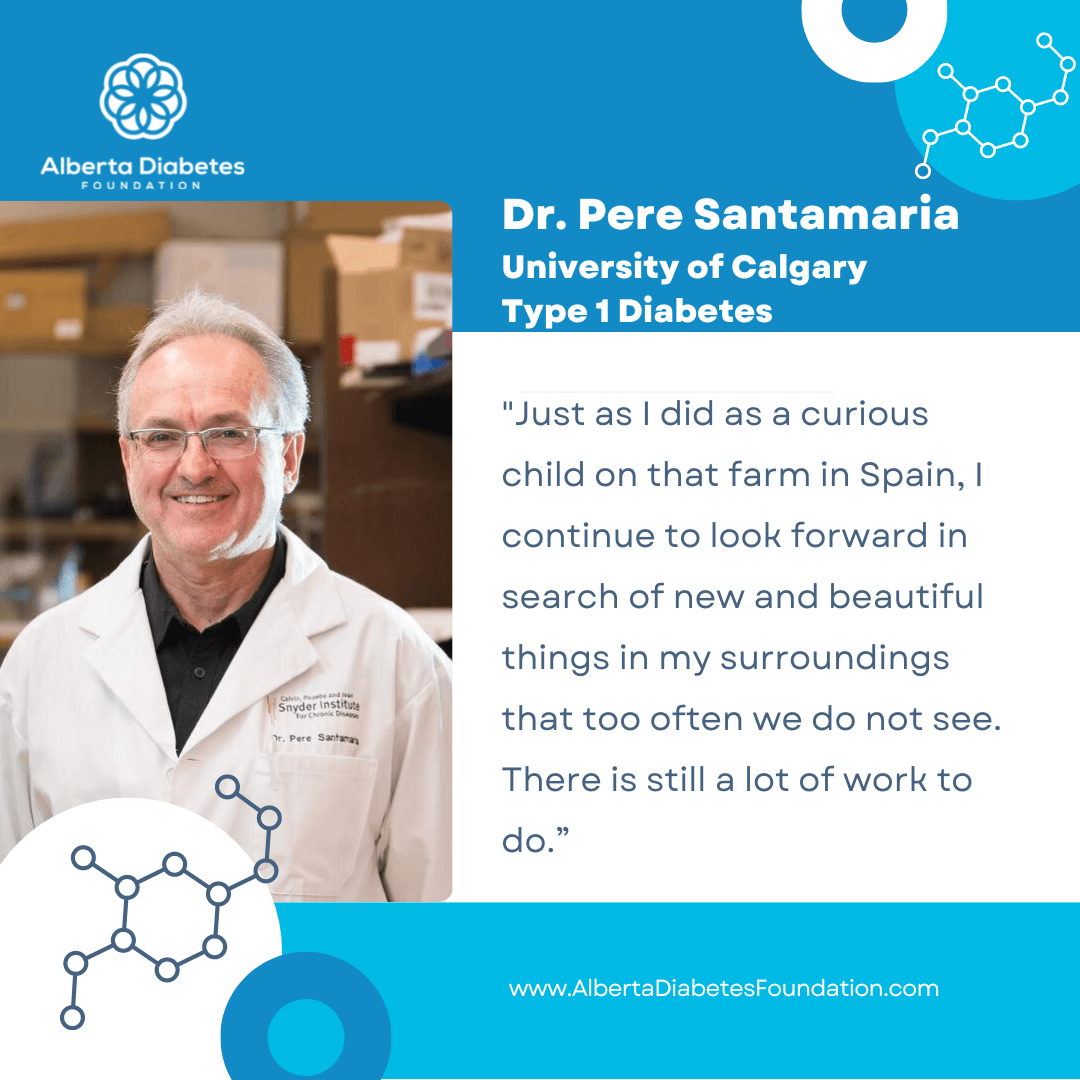Guts and Glory: The battle of bacteria and artificial sweeteners
Artificial sweeteners may upset the balance of bacteria in your gut. Here's what you can do to tip the scales in your favor.
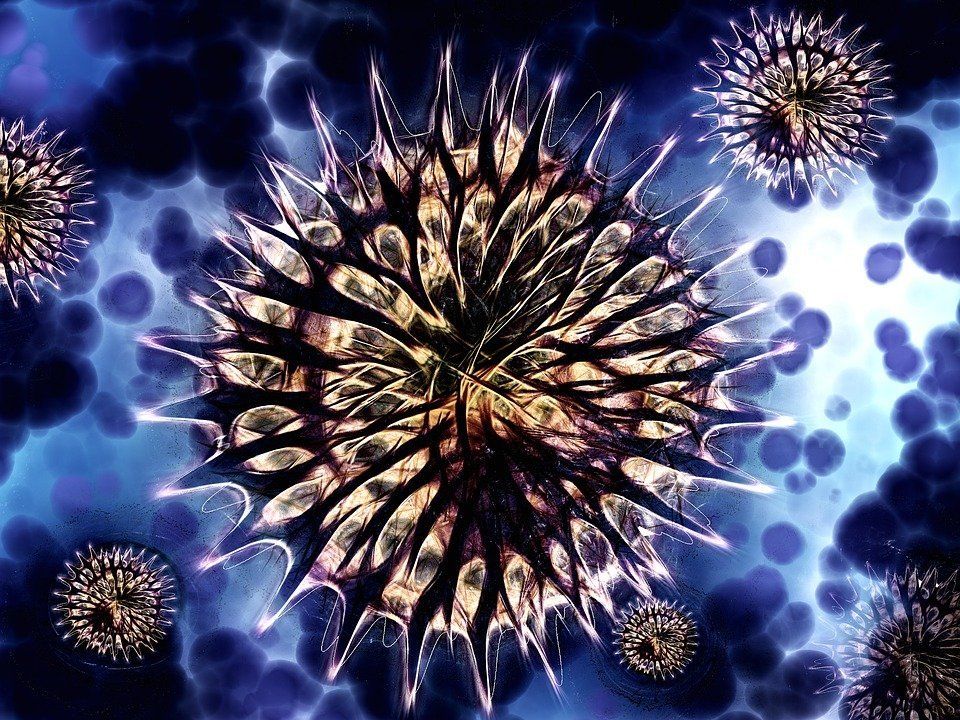
Last week’s article touched on the different types of artificial sweeteners that are meant to work as sugar substitutes. We also talked about some of the reasons it may be a good idea for diabetics to stay away from artificial sweeteners. Now, we will dive a little deeper into the problems these sugar substitutes could have on your health and the balance of the good bacteria in your gut.
The most popular study to make this claim happened in 2014. The study showed that mice who ate saccharin (a component of some artificial sweeteners) developed a glucose intolerance. The sweeteners created an imbalance in the gut bacteria of the mice. These bacteria are responsible for converting food to fuel or fat.
The team wanted to make sure this also applied to humans, so they continued the study on seven healthy people who consumed the maximum serving of saccharin suggested by the FDA for six days. Four of these individuals were on the road to glucose intolerance—a step towards a diabetic diagnosis.
The team concluded that this was only a preliminary study but did create grounds to explore this research further.
Let’s get into some quick and dirty biology to make sense of how the human gut works and how artificial sweeteners would be able to affect it.
All the bacteria that live in your gut play a role in your digestion. You’ve probably heard of protobiotic bacteria, which are helpful bacteria that salvage energy from fats (so that the fat isn’t stored), ferment carbs, and keep the digestive tract in working order. However, probiotic bacteria need to be balanced or else you can experience digestive problems. Artificial sweeteners may be one of the causes to this unbalance as they inhibit the breakdown of carbs into energy and instead store them as fat.
Physician and biologist Jeffrey Gordon tells us that 90% of our gut is made up of two types of bacteria—Bacteroidetes (which we will now refer to as bacteria B) and Firmicutes (which we will now refer to as bacteria F). Bacteria B is responsible for turning carbs into energy. One of his studies showed the obese mice don’t have the capability of producing leptin—a hormone that suppresses our appetite. This is because there is an imbalance of bacteria in the gut: there are more bacteria F then there are bacteria B. So carbs get stored as fat rather than energy and glucose intolerance occurs. Even when bacteria F was transferred to healthy mice, they started to store more fat due to the imbalance they were then experiencing.
But what does this relate to our human situation?
Gordon thinks a similar concept happens in obese people. Overweight individuals who lost weight through a low-fat or low-carb diet started to experience balance in their gut because the amount of bacteria B increased. This could mean the bacteria in our gut can extract calories and burn them off as energy, as well as shape our eating behaviour as more of the leptin hormone is produced and suppresses our appetite.
The result: Artificial sweeteners may cause glucose intolerance when there is not enough of the right kind of bacteria to break down the carbs we eat and so it will be stored as fat.
Additional studies make compelling arguments that artificial sweeteners may indirectly contribute to glucose intolerance by promoting appetite when consumed near meal times and creating a taste preference for sweeter foods compared to healthy foods.
There have been arguments made against the 2014 study with arguments saying it was only a prelimary trial on humans, the genetic makeup and environment is completely different in every individual human compared to lab mice, and that the effects of artificial sweeteners on the mice and human subjects were reversed with antibiotic treatment.
This puts diabetics in between a rock and another insulin shot. With all this conflicting research it can be hard to know exactly what is best for you, but we say trust your gut! If something is working for you, keep doing it, and if you’re having digestive or weight problems, consider changing your diet.
To practically take care of your gut, you may want to follow these ideas:
- The FDA suggests limited consumption of artificial sweeteners. Stay well below these levels to reduce the possible glucose intolerance.
- Only use artificial sweeteners in-between meals (during snacks or for your morning coffee) to avoid increasing your appetite during mealtime and consuming more calories to compensate.
- Cycle on and off artificial sweeteners to give your palate a break from craving sweet foods
- Take a probiotic that contains useful amounts of Bacteriodetes bacteria (Acidophilus, Bifidobacterium, etc.) to restore balance to your gut.
More research is needed, but because diabetes is a condition that can worsen with time, the best solution is to be proactive!
LET'S WORK TOGETHER TO FIND A CURE.
VISIT US
1-020 Li Ka Shing Centre
University of Alberta
Edmonton, AB, T6G 2E1
Office Hours
Monday-Friday 8:30-4:00
If you would like to set up an appointment at our office, please set up an appointment by contacting us at
info@abdiabetes.com

